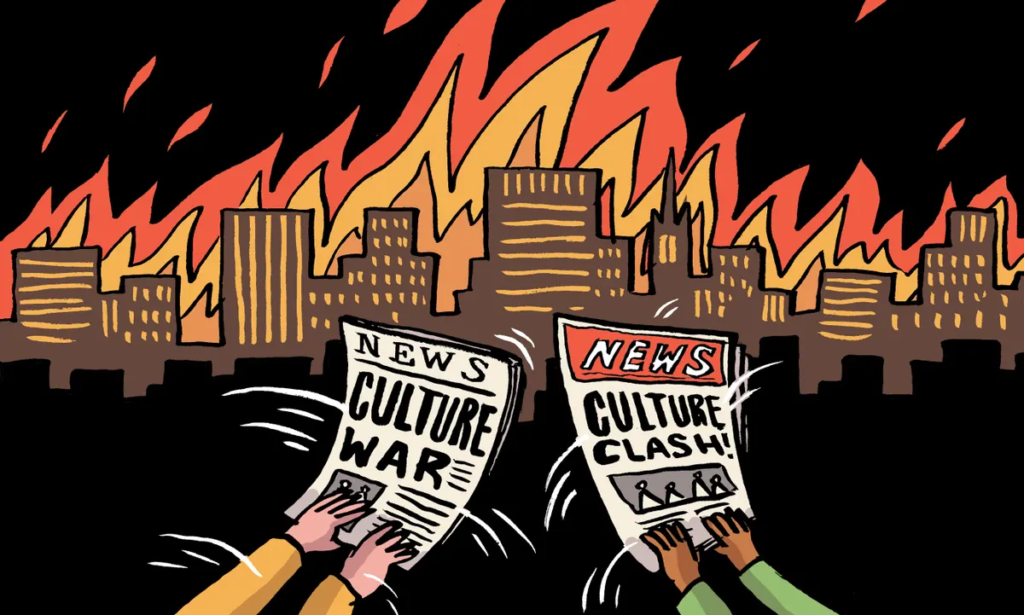Identity politics
First coined in 1974, by Black feminist Barbara Smith and the Combahee River Collective, the term identity politics refers to political positions that are based on the social groups that people see themselves as belonging to.
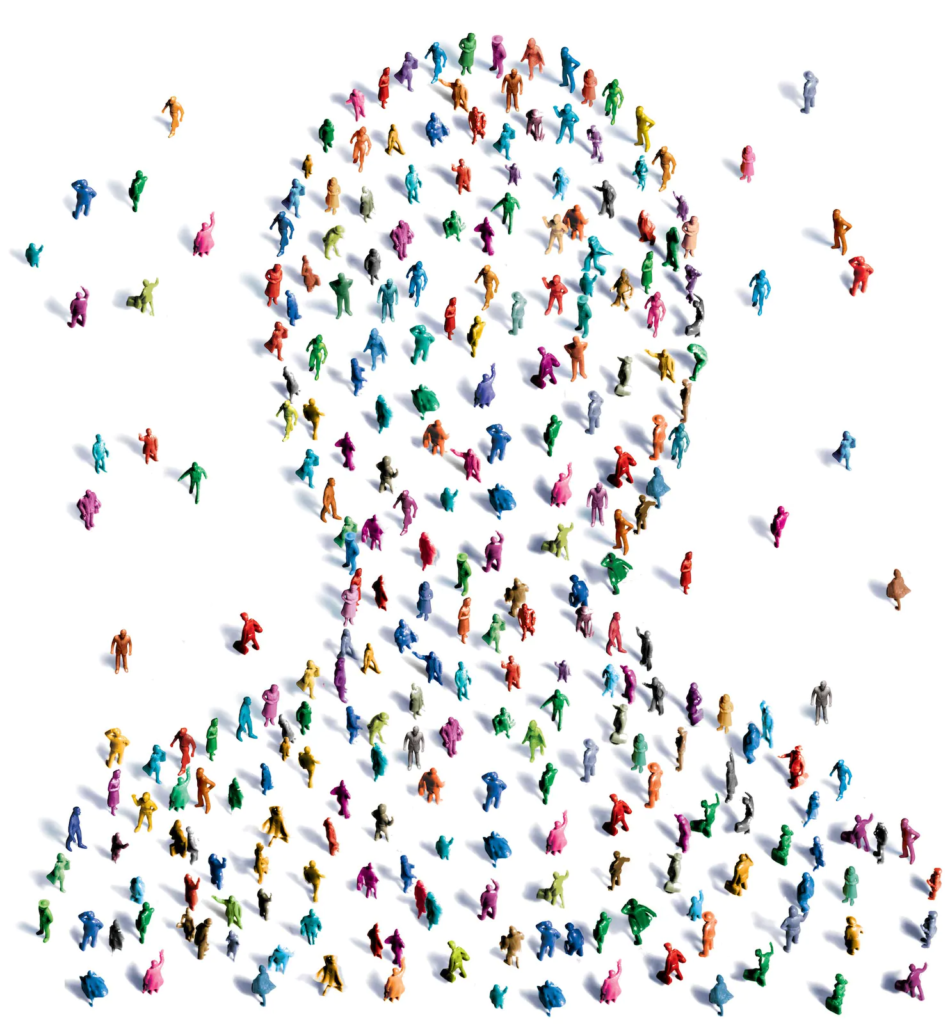
The idea of identity politics originated from the need for change. Emphasising the priority of the need for sameness, lead to the value of difference and individuality. Which is why it has been accepted, by some, as a strategic form of combat against discrimination and marginalisation.
During the feminist movements in the 1970s, the demand for change and gaining the right to vote was centred around change for white women, and not all women. The Combahee River Collective detailed how their experiences as Black women were different than those of white women, and this mattered because understanding the ways in which racial, economic, gender, and other oppressions were linked and shaped their lives helped to make sure that no one could be left behind.
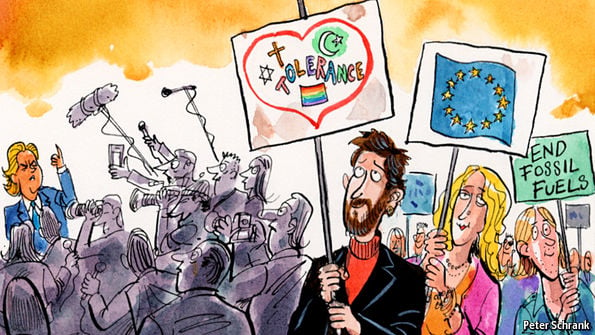
It often relate to issues such as abortion, homosexuality, transgender rights, pornography, multiculturalism and racism. Identity conflicts also involve fundamental orientations such as religion and ideology, as well as political issues ranging from freedom of speech to the distribution of wealth and privilege.
Here is a take from intelligence², which gives a little more insight “To some people, this is a dangerous trend. True, many minorities have suffered discrimination and exclusion and they deserve to enjoy the rights that the straight, white majority take for granted. But critics claim that the fight for equality has spilled over into hostility towards the majority, with identity group activists telling white people to check their privilege or labelling them white supremacists. Such sentiments have stoked anger among white people who feel very far from privileged or in control, fuelling the rise of populism and bringing alt-right figures such as Steve Bannon to the fore. The identity politics movement tells people that their experience as a member of a particular group is what ultimately defines them and gives their lives meaning. This message is destroying society’s broad sense of the common good, increasing antagonism and fragmentation in our society.”
Culture wars
Culture wars refers to conflict between groups that have different cultural ideals, beliefs, or philosophies. Typically, the opposing groups are liberals and conservatives.
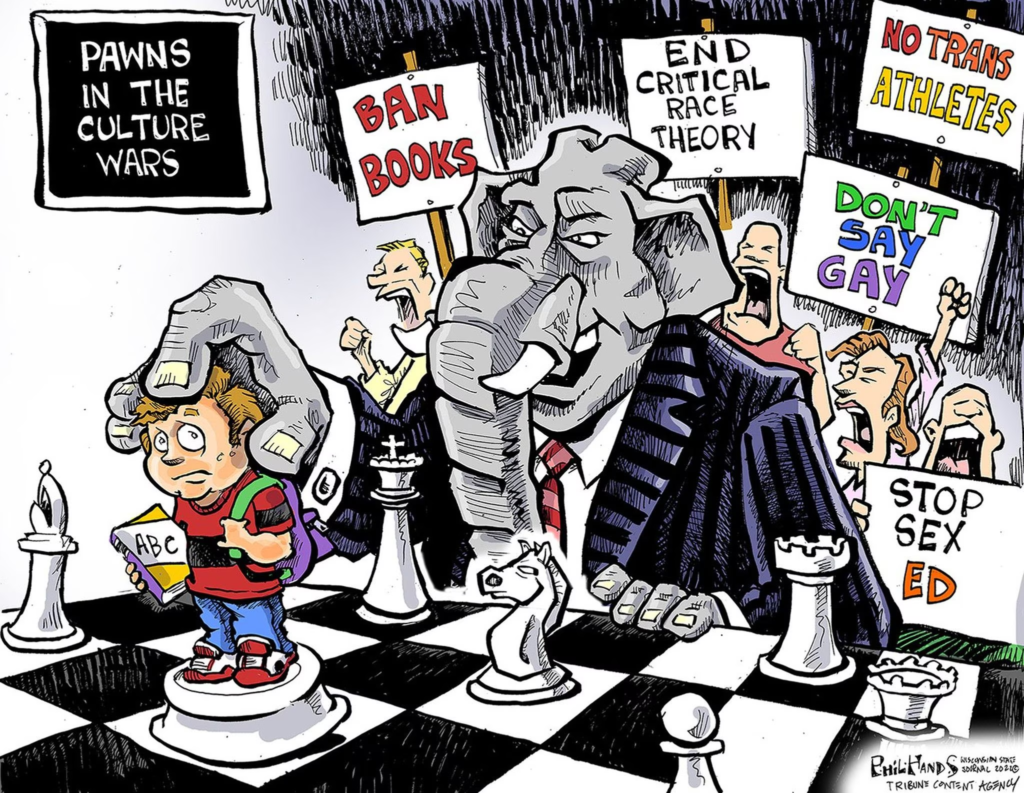
Most recently, culture wars have been enacted due to the issues of abortion, racism, homosexuality, and transgender rights.
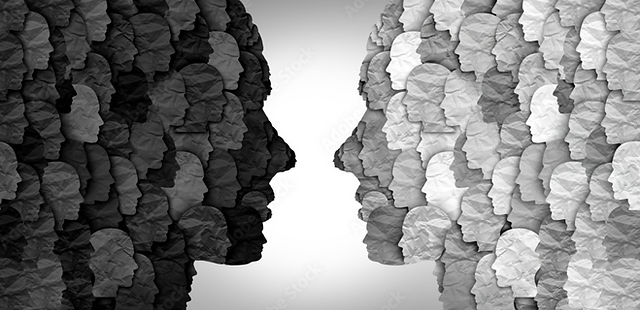
Overall, culture wars can be very harmful on society. Especially when the result is in control of people in power, who can easily impact one of these minorities and marginalized groups negatively. For example, in America with the overturn of Roe v. Wade by the U.S. Supreme Court in June 2022, abortion policies and reproductive rights are in the hands of each state. Half of U.S. states are expected to ban abortion in the days and weeks following the Court’s decision taking away the constitutional right to abortion. This movement has pejoratively affected women and has set back women’s rights immensely. It also means that women lose some control of their bodies and removes their choice.
